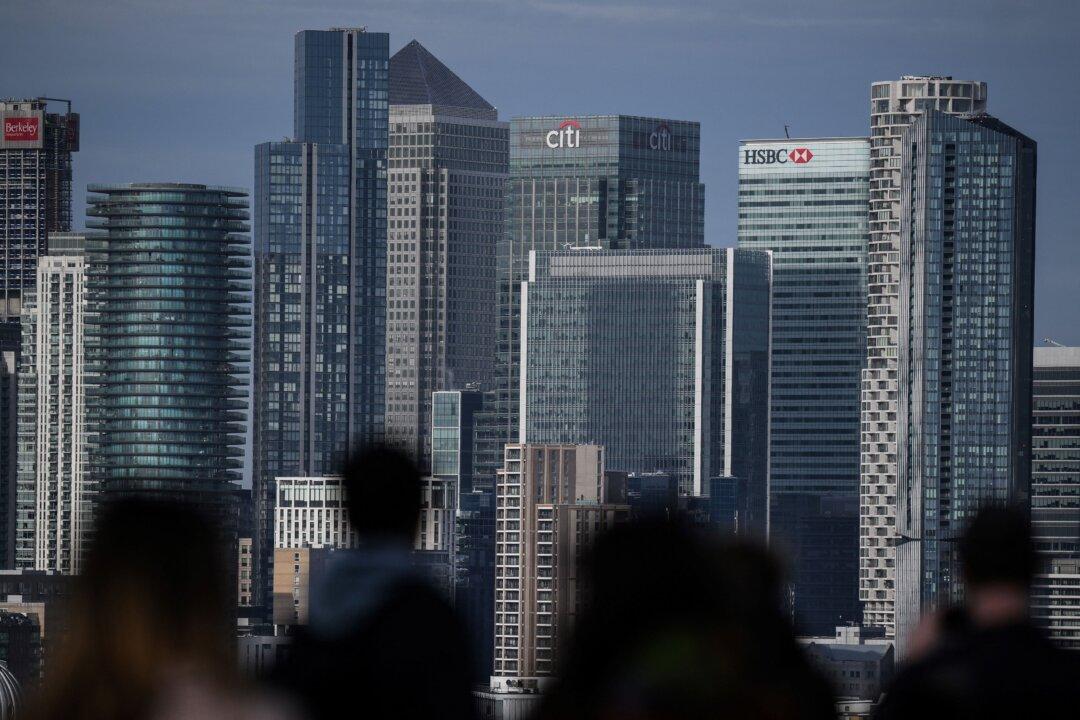The UK’s inflation rate has eased back for the third straight month to 10.1 percent in January, but the government warned that the fight against inflation is “far from over.”
According to the Office for National Statistics (ONS), the Consumer Prices Index (CPI) rose by 10.1 percent in the 12 months to January 2023, down from 10.5 percent in December 2022.





